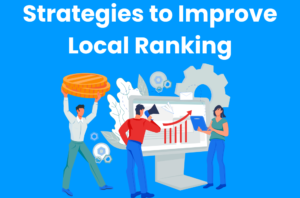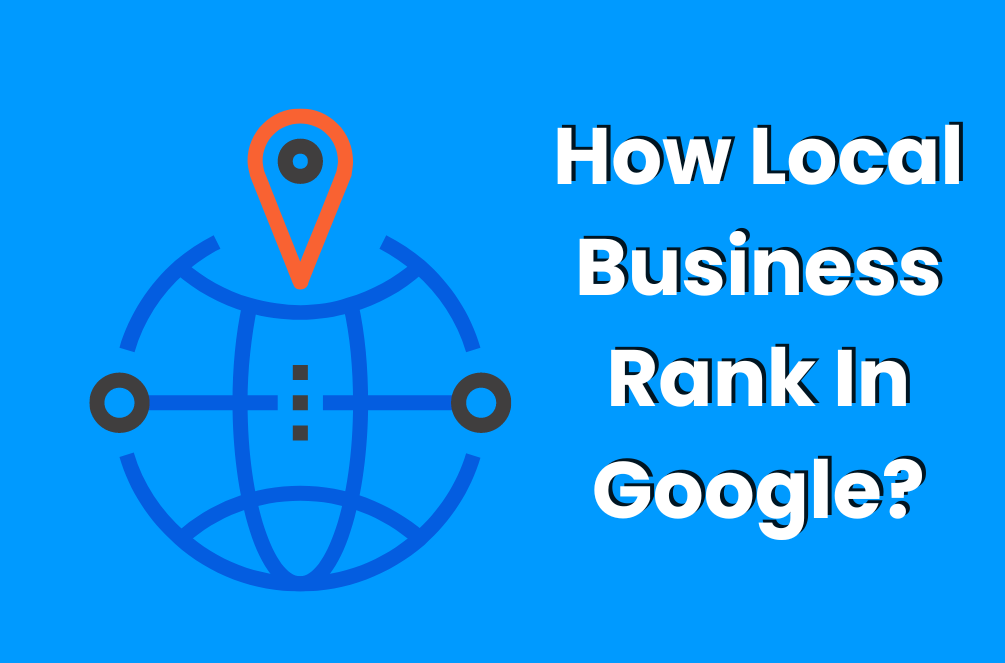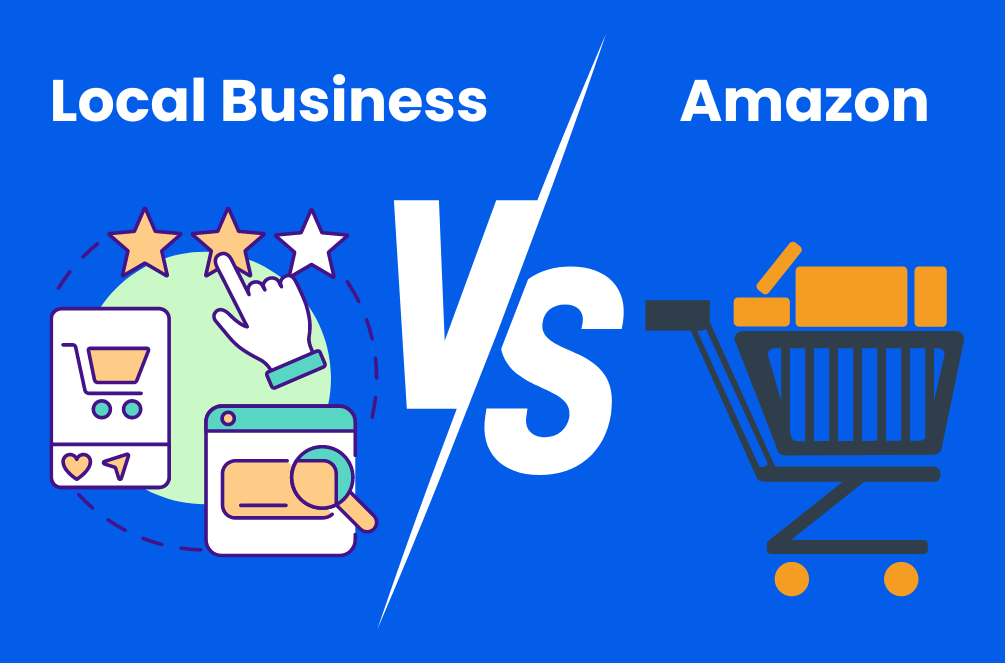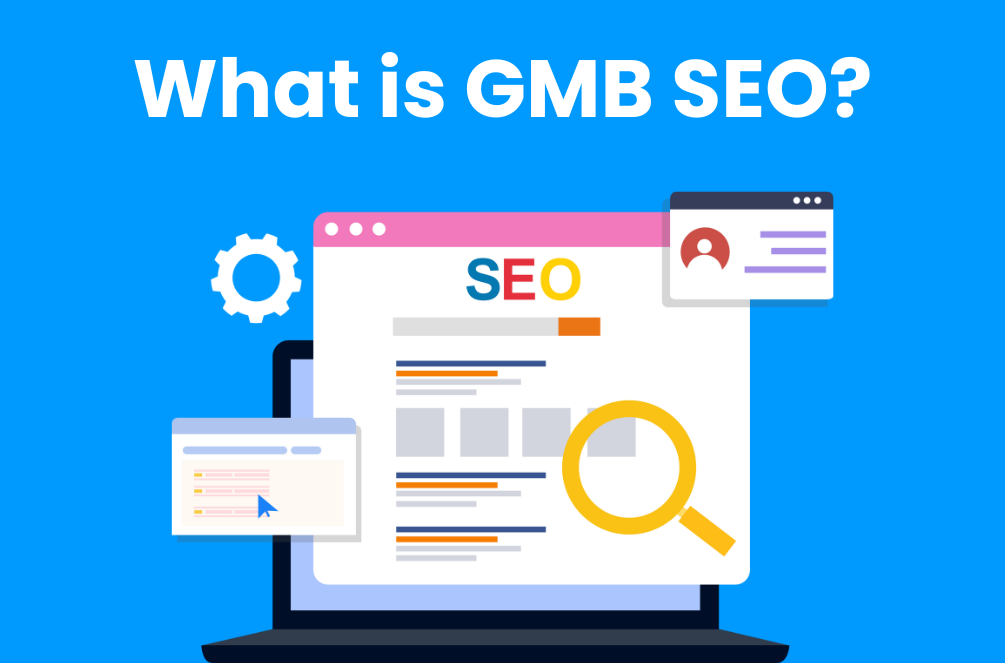In the digital age, local visibility on search engines can make or break a business. For local business owners, standing out in the vast online marketplace is challenging yet essential. With the majority of consumers turning to the internet to find local services and products, it’s crucial that your business ranks high in local search results. This act of optimizing your online presence to attract more business from relevant local searches is what we call Local Search Engine Optimization (SEO).
Mastering local SEO requires an understanding of how local business rank in Google search engines and determine local search rankings. In this comprehensive guide, we’ll walk you through the strategies that can place you at the top of the search engine results pages (SERPs) and at the forefront of your customer’s online searches.
Understanding Local SEO
What is Local SEO?
Local SEO is the art of optimizing your website and online presence to attract business from local searches performed within a specific geographic area. These searches can be for a variety of reasons but typically, they signal an intent to engage with a local business, such as a coffee shop, dentist, or clothing store.
Key Factors Affecting Local Search Rankings
The key factors that determine how local business rank in Google are as follows:
Google My Business Optimization
An optimized Google My Business (GMB) profile is your digital storefront. Starting with the basics of providing accurate business information — from your address, phone number, and business hours — to more advanced features like posts and frequent updates, a well-maintained GMB profile significantly boosts your local SEO.
NAP Consistency
Your Name, Address, and Phone number (NAP) should be consistent across all online listings, including your website, directories, and social media profiles. Even slight discrepancies in your NAP can confuse search engines and customers alike, sabotaging your local search efforts.
Local Content Creation
Developing hyper-local content, such as blog posts and landing pages tailored to your neighborhood, city, or region, can be a game-changer. Creating content centered around local events, news, and issues not only demonstrates your knowledge and relevance but also makes your business more discoverable for local searches.
Online Reviews and Ratings
Positive reviews and good ratings signal trustworthiness to both search engines and potential customers, potentially lifting your business above competitors in local SERPs. This is one of the great ways to determine how local business rank in Google.
Strategies to Improve Local Ranking
There are many proven strategies that should be implemented if someone wants to know how local business rank in Google. Some of these strategies are discussed below:
Claiming and Optimizing Google My Business Listing
If you haven’t already claimed your GMB listing, start there. Ensure all information is accurate and detailed, including a thoughtful description of your business. Use high-quality images that showcase what you offer, and update your GMB regularly with posts and promotions to keep it active.
Local Keyword Research and Implementation
Understanding the search terms your local audience uses can be a goldmine. Conduct keyword research with a local focus to discover what your potential customers are looking for and integrate these terms into your website and online content.
Building Local Citations and Backlinks
Citations are references to your business name, address, and phone number on other web pages, even without a link to your website. Building a consistent list of citations, along with quality backlinks from local businesses and organizations, can significantly impact your local SEO.
Encouraging Customer Reviews and Testimonials
Proactively ask your customers for reviews and respond to them, whether they’re positive or negative. Use them as a learning tool and an opportunity to engage with your customer base.
Leveraging Social Media for Local Visibility
Maintain an active presence on social media platforms that resonate with your local audience. Interact with customers, share local content, and use social media advertising to further enhance your local visibility.
Tools and Resources for Local SEO
To streamline your local SEO efforts, there are several tools available that can assist with keyword research, rank tracking, and managing local listings. Here are some tools that come highly recommended to understand how local business rank in Google:
- SEMrush: A comprehensive marketing toolbox designed for experts in digital marketing.
- Moz Local: A tool to help manage local listings and citation consistency.
- BrightLocal: A platform that simplifies local marketing.
- Hootsuite: A social media management tool that allows you to manage all your social media accounts from a single dashboard.
- Google Analytics and Search Console: These free tools are essential for understanding your website’s performance, including how local customers find and engage with your business online.

Implementing Local SEO Strategies in Your Marketing Plan
To ensure a successful local SEO strategy, it’s crucial to integrate these best practices into your overall marketing plan. From creating local content and optimizing your GMB profile to building citations and leveraging social media, every effort counts.
Remember that achieving top ranking in local search results takes time and consistent effort. Continuously monitor your progress and make adjustments as needed to see the best results. By mastering local SEO, you can attract more local customers and grow your business in a meaningful way.
Conclusion | How Local Business Rank in Google
Mastering local SEO requires time, dedication, and a strategic approach. The good news is, the investment is well worth it. With a commitment to consistently improving your local online presence, your business can attract the local customers you need to succeed.
Don’t be intimidated by the technical aspects of SEO. The most important elements, such as providing excellent service, gathering positive reviews, and creating a strong local community presence, align with the very principles that have always made local businesses thrive.
If you’d like to ensure your local SEO efforts are making the impact they should, don’t hesitate to reach out to our team. Our goal is to support your company’s success in the online market. Our team has comprehensive knowledge about how local business rank in Google.
Start improving your local rankings today — your customers are searching for you, and we want to make sure they find you.
Frequently Asked Questions (FAQs)
- What is Local SEO and why is it important?
Local search engine optimization, or SEO, is the process of making your website more visible online so that relevant local searches will bring in more business. It’s crucial for businesses with physical locations or those serving specific regions to increase their visibility in local search results on search engines, thus reaching potential customers more effectively.
- How often should I update my Google My Business profile?
It’s recommended to review and update your Google My Business (GMB) profile at least once a month. Regular updates, such as new photos, special offers, or responses to reviews, keep your listing engaging and improve your local SEO rankings.
- What makes a strong local keyword?
A strong local keyword is relevant to your business and incorporates specific local identifiers (like city, neighborhood names, or landmarks) that potential customers might use when searching. It accurately reflects the products or services you offer while targeting the local audience.
- How do online reviews affect my local SEO?
Online reviews significantly impact your local SEO by influencing your rankings in local search results, affecting consumer purchasing decisions, and enhancing trust and credibility with potential customers. Positive reviews signal to search engines and users alike that your business is reputable and trustworthy.
- Can social media impact my local SEO?
Yes, maintaining an active social media presence can positively affect your local SEO by driving traffic to your website, increasing your brand’s local visibility, and providing additional platforms for customer engagement. These factors contribute to your overall online presence and can boost your rankings in local search results.




